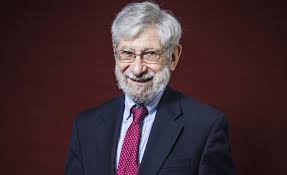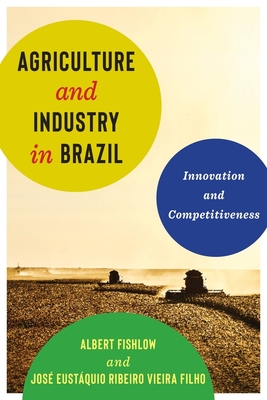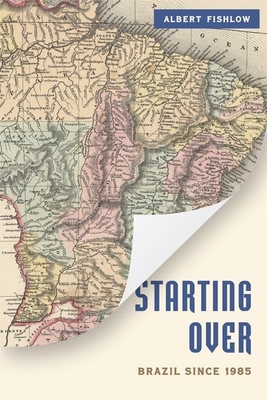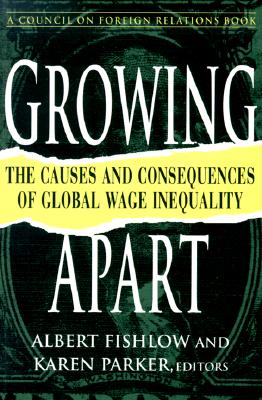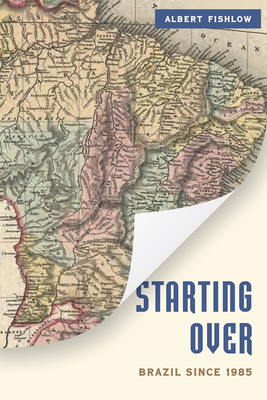Albert Fishlow
Albert Fishlow has been improving our understanding of the economic history and development of Brazil and Latin America for six decades—and counting. He is professor emeritus at two institutions: the University of California, Berkeley, where he served as dean of international and area studies and spent 22 years as a member of the faculty, and Columbia University, where he was director of the Institute of Latin American Studies and the Center for the Study of Brazil until his retirement in 2007.
His career has included appointments at Yale University, where he directed the Center for International and Area Studies, and civil service as deputy assistant secretary of state for inter-American affairs during the Carter Administration. In the 1990s, Fishlow was a founder and first president of the Latin American and Caribbean Economic Association, regarded as the most successful society for economic research in the developing world.
In 1999, the Republic of Brazil awarded him the National Order of the Southern Cross, the country’s highest honor. Throughout the Americas, Fishlow is renowned for his exemplary scholarship, leadership, and mentorship of generations of Brazilian and American students.
Fishlow completed his bachelor’s degree at the University of Pennsylvania and his PhD in economics at Harvard in 1963. His dissertation, on the impact of American railroads on the antebellum economy, was a pathbreaking effort to apply quantitative techniques to historical research that would come to define the intellectual orientation of his scholarship.
His publications span the full breadth of his career; they include the first rigorous assessment of Brazilian income distribution following the rapid economic growth of the late 1960s, published in the American Economic Review in 1972, and his 2011 book Starting Over: Brazil Since 1985, the definitive economic history of Brazil since the restoration of democracy through the early 21st century. His latest book, Agriculture and Industry in Brazil, is scheduled for publication this year.
Source: Harvard University
